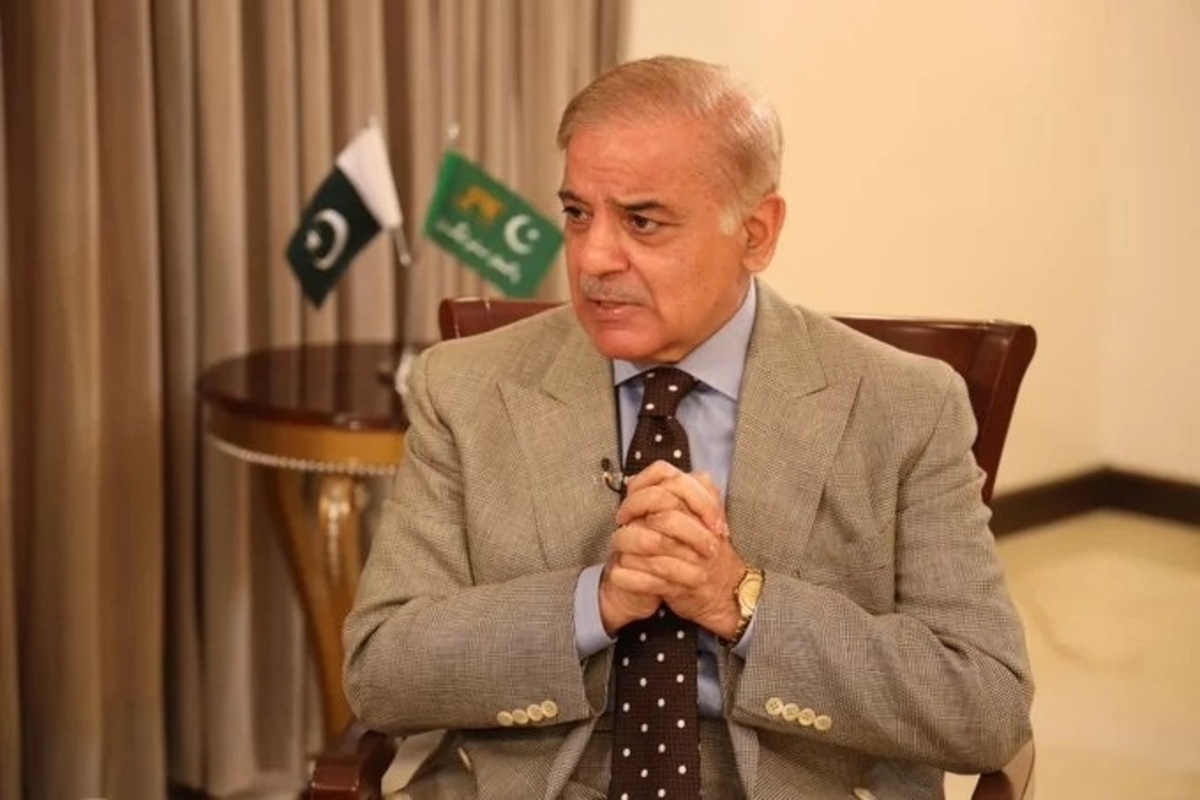It was on 4 March that Shehbaz Sharif was sworn in as the Prime Minister of Pakistan. He heads a coalition of PML (Nawaz), PPP of Asif Ali Zardari and MQM (Muttahida Qaumi Movement) It is clear that he came to power after a massively rigged election which deprived Imran Khan’s PTI (Pakistan Tehreek-e-Insaf) of at least 80 seats in the National Assembly which has 266 elected seats. It is pertinent to add that there are 60 seats for women and 10 for minorities, thereby making a total of 336 seats in the National Assembly.
In fact, the overall results have been a vindication of Imran Khan’s position, most clearly his defiance of the military establishment. The latter had accused Khan of orchestrating attacks on 9 May 2023 on its installations and landmarks. Efforts to drum up public outrage against him failed quite spectacularly and may even have backfired. Imran Khan has displaced Nawaz Sharif from his pedestal of being the leading political voice against the military in Pakistan. That Nawaz Sharif stood aside in favour of his brother to be prime minister reflects both his own declining political standing as well as the PML-N’s equally disappointing electoral performance. The military’s image is certainly dented but it remains the principal political player in Pakistan.
Advertisement
There seems to be so far no rethink about its approach to Khan and he may continue to be in jail, A popular leader imprisoned, a restive public and a shaky coalition forming the government may appear to be a leaky ship for the Pakistan military to be trying to sail. But it has navigated such situations before and may well feel confident that it can do so again. Pakistan faces a lot of problems, and they are only getting deeper after every election. Usually, the new government has a honeymoon period and people have certain expectations. But the Shehbaz Sharif government will not have this luxury. Imran’s PTI has managed to successfully build a perception that the new government comprising PMLN, PPP and MQM do not have mandate or legitimacy.
Perception is often stronger than reality. Therefore, the Shebhaz government will have little support on the streets at a time when it has to tackle the plethora of challenges that certainly require unpopular measures. Pakistan is beset with a crippling economic crisis. The economy, under the extended term of the caretaker government, is stabilised to the extent that there is at least no threat of sovereign default in the near future. But that is just a temporary relief. Moody’s, one of the three international credit rating agencies, says the country has the cushion to meet its external needs till June 2024. But there is no certainty how this nation of 250 million people would manage external resources for the next fiscal year. Pakistan must strike a new deal with the Washington-based global lender sooner than later to avoid uncertainty.
But the international credit rating agencies believe that with a fractured mandate, it would be an uphill task for the new government to conclude such a deal. The PTI has already written a letter to the IMF, asking the lender only to extend loans to a government which is legitimate. Similarly, many US Congressmen have written to the Biden administration, urging it not to recognise the new government till the ballot fraud allegations are probed. These moves may not eventually affect the government a great deal but would make it difficult for the Shehbaz administration to negotiate with the outside world from a position of strength. In Pakistan, a government with a twothirds majority could not complete its five-year constitutionally mandated term and hence people are skeptical the new political dispensation could survive.
But strange things do happen in Pakistan. Often the fate of elected governments is determined based on the nature of civil-military relations. In this case though, the security establishment is as keen to succeed as the coalition government. If the new government fails, it will mean victory for the jailed Imran Khan. His popularity would only increase, a nightmare scenario for the powers-that-be. The other factor that may help the incoming government to survive is the choice of Prime Minister. Shehbaz Sharif, during his 16 months as head of the PDM, has shown that he could go along with allies as well as the security establishment. Had Nawaz Sharif opted for the top job, the situation could have been different. The elder Sharif always ended up antagonising the powerful establishment, triggering his untimely ouster on three previous occasions.
His younger brother, though, is a different breed. He is known as pragmatic and avoids getting embroiled in any controversy with the establishment. This may work both for his government and the establishment. But all this hinges on the success of the new government. The government, even before taking up power, is known to be the least popular and any misstep would make matters worse. Therefore, it is only performance that would determine the longevity of the Shehbaz-led government. It is clear that the Shehbaz Sharif government is weak and fragile and faces an extremely difficult economic situation. Its future is definitely precarious. It will need wisdom and sagacity to survive.
(The writer has been a senior IAS officer of the Punjab Cadre and can be contacted on Kaushikiaspunjab@gmail.com)











